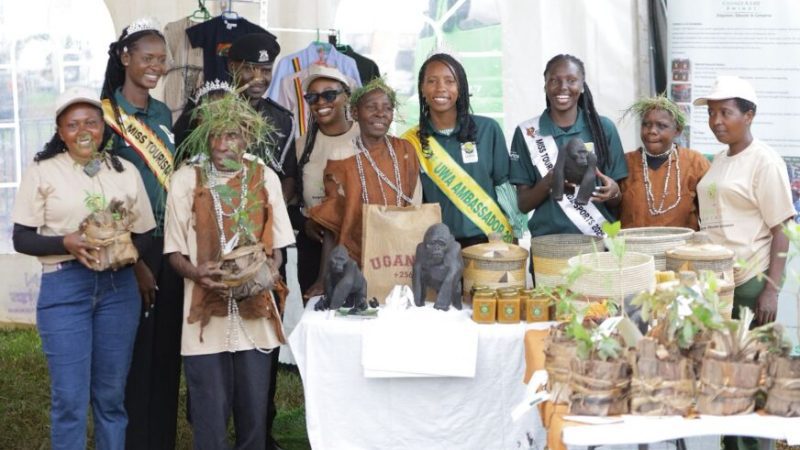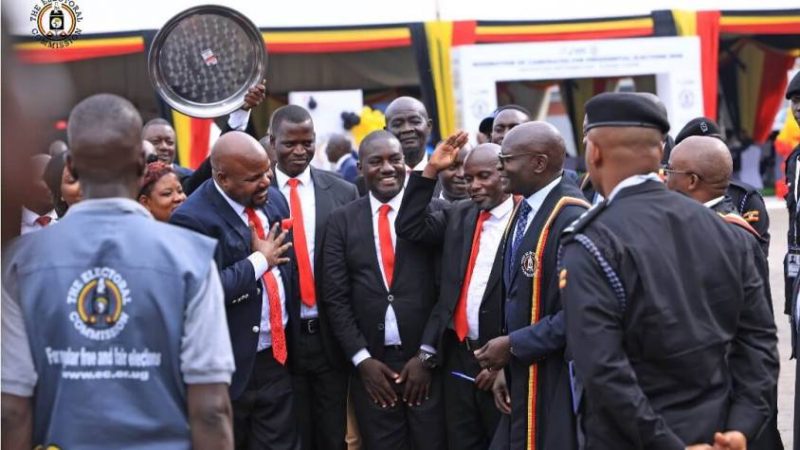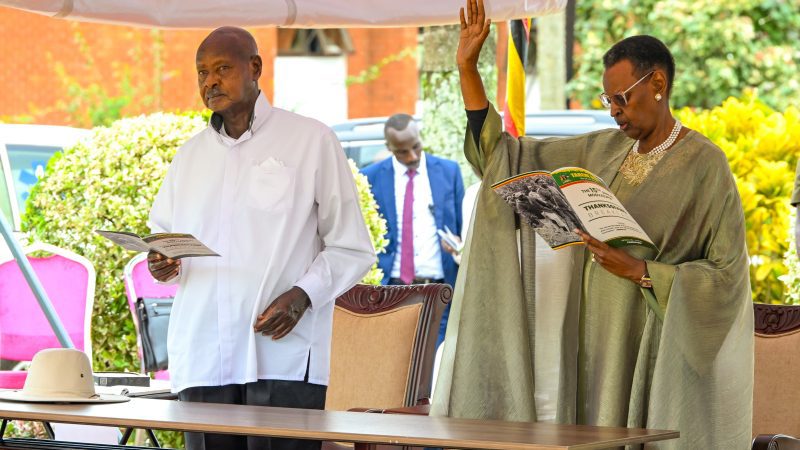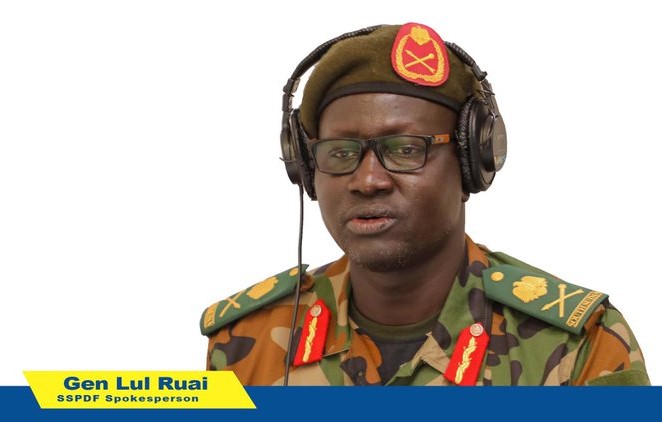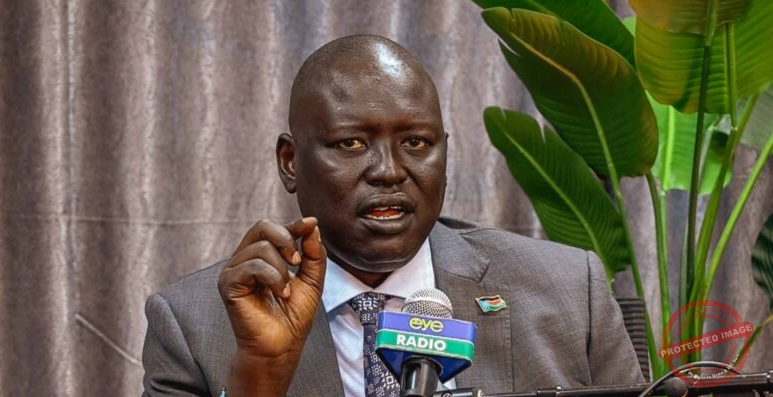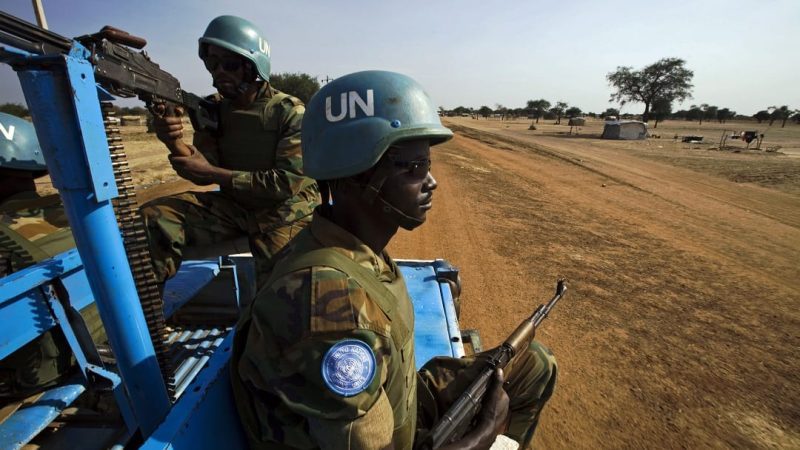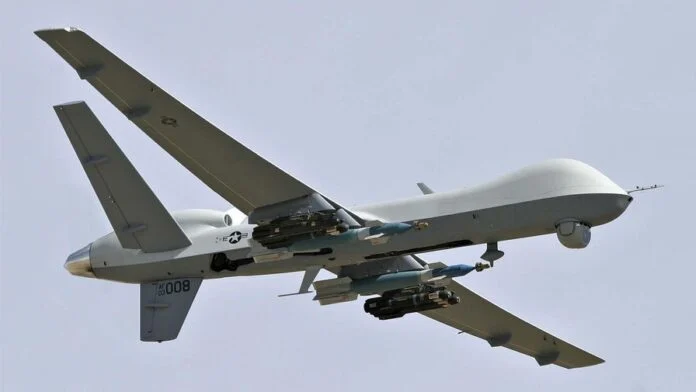South Sudan has walked back on taxes and fees it recently imposed and that led to the suspension of UN food airdrops.
The taxes, introduced in February, included charges for electronic cargo tracking, security escort fees, and fuel.
The UN had urged South Sudanese authorities to revoke the new taxes, citing concerns over the impact on humanitarian operations.
In response, the South Sudan government announced the removal of the measures, except for charges on services provided by firms contracted by the UN peacekeeping mission in the country.
While the timing for the resumption of airdrops remains uncertain, the reversal of the taxes brings hope for thousands of people in inaccessible areas who have been deprived of essential food aid.
The UN Humanitarian Affairs Agency had warned that the suspension of airdrops in March left 60,000 people without crucial food supplies, a number expected to rise to 135,000 by the end of May.
South Sudan, grappling with widespread humanitarian needs exacerbated by conflict and displacement, has an estimated 9 million people out of 12.5 million in need of protection and humanitarian assistance, according to the UN.
The country has also experienced an influx of refugees fleeing the conflict in neighboring Sudan, further straining resources and infrastructure.
With the resumption of UN food airdrops on the horizon, hopes are high for improved access to vital assistance for those most in need.




